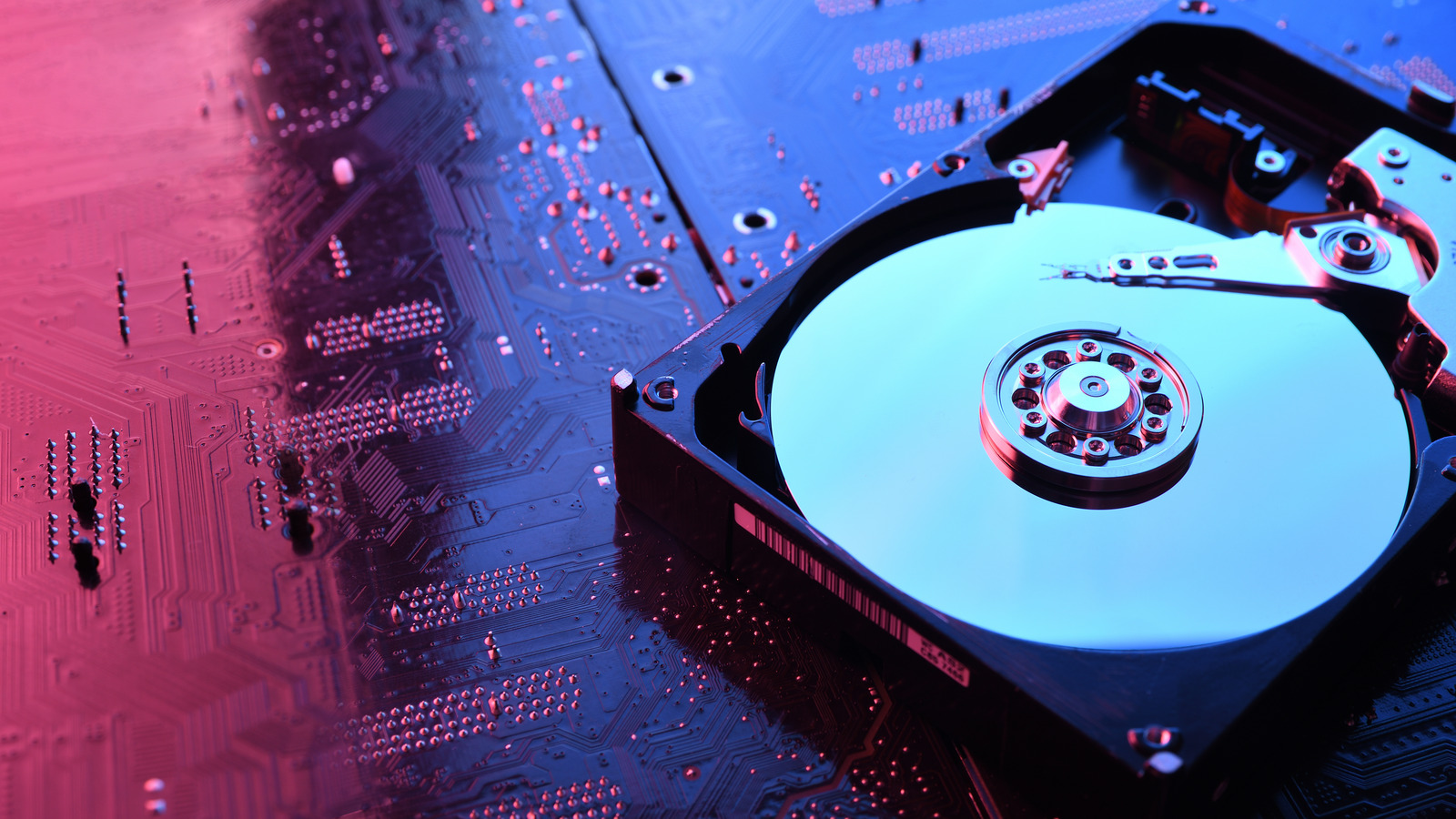
The two main reasons to partition your PC’s storage drive are data security and flexibility. HDD users might also see a performance benefit from partitioning.
Data security
With an unpartitioned drive, if something goes wrong, all of the data on the drive could be at risk. By partitioning your storage drive, you can help protect your data in the case of accidental deletion or data corruption. So if the worst happens and you need to reformat one of the partitions on your drive, only the data stored on the affected partition will be lost.
Flexibility
Data on your PC’s storage drive is stored in the default Windows NTFS file system. If you want to share data across operating systems, i.e., with Linux, or Mac OS, you’re going to have issues. By creating a dedicated partition of your storage drive in a file system that other operating systems can understand, you’ll be able to share data between systems easily. You can even install another operating system on a partition, allowing you to “dual boot” your PC. You can also use partitioning to sandbox data for a virtual machine.
Performance (HDDs only)
Because HDDs store information on spinning circular disks platters, which is read by mechanical heads, the speed at which data can be accessed depends partly on how quickly the disks and heads can move to find it. In general, therefore, you can expect a modest performance improvement by partitioning your HDD so that the Windows operating system is stored separately from your photos or documents.
For all the latest Gaming News Click Here
For the latest news and updates, follow us on Google News.
